In today’s fast-paced and ever-evolving world, the role of a youth worker is more vital than ever. These dedicated professionals play a crucial role in empowering young people, supporting their development, and guiding them towards a bright future. Recognising the need for high quality continuous growth and professional development opportunities, the team at Ultimate Youth Worker, is thrilled to announce the launch of our online professional development platform. This innovative initiative aims to equip youth workers of all levels with the necessary skills, knowledge, and resources to excel in their careers and make a lasting impact on the lives of the young people they serve.
Flexibility and Convenience: Traditional methods of professional development often present challenges for busy youth workers who juggle multiple responsibilities. With the introduction of online professional development, youth workers can now access training and resources at their own convenience. Whether you’re a full-time professional, a part-time worker, or even a student, the flexibility offered by our online courses allows you to learn at your own pace, fitting in sessions around your existing commitments.
Expert-Led Courses: The online professional development platform by Ultimate Youth Worker brings together a team of youth work educators and experienced youth work practitioners to design and deliver comprehensive courses. These experts possess a deep understanding of the challenges faced by youth workers and have tailored the courses to address these specific needs. With a focus on evidence-based practices, these courses cover a wide range of topics, including case noting, trauma-informed care, mental health support, youth engagement strategies, cultural competence, and ethical considerations. By enrolling in these courses, youth workers can gain invaluable insights and practical skills to enhance their professional practice form some of the best in the business.
Interactive Learning Experience: The online platform offers an engaging and interactive learning experience that goes beyond traditional lecture-style formats. Through the use of multimedia resources, such as videos, case studies, quizzes, and discussion forums, participants can actively engage with the material and collaborate with fellow learners. This interactive approach fosters a sense of community among youth workers, allowing them to share ideas, seek advice, and learn from each other’s experiences. Additionally, participants receive ongoing support and guidance from the instructors, ensuring that they receive personalized attention and can apply their learning effectively.
Affordable and Accessible: Ultimate Youth Worker is committed to making professional development accessible to all youth workers, regardless of their financial situation or geographical location. By moving their training online, we have significantly reduced the cost associated with in-person workshops and conferences. The online courses are offered at affordable rates, enabling more youth workers to access high-quality training and resources. Moreover, the platform can be accessed from anywhere with an internet connection, eliminating the barriers of travel expenses and time constraints.
Recognised Certification: Upon successful completion of the online courses, participants receive a recognised certification from Ultimate Youth Worker. This certification not only validates their professional development but also enhances their career prospects. Employers and organisations in the youth work sector value the commitment to ongoing learning and the acquisition of new skills provided by Ultimate Youth Worker, making our certification a valuable asset for career advancement.
With the launch of Ultimate Youth Worker’s online professional development platform, youth workers have gained a powerful tool to advance their careers and expand their impact on the lives of young people. The flexibility, expert-led courses, interactive learning experience, affordability, and recognized certification offered by this platform make it an ideal choice for anyone working in the youth work sector. By investing in professional development, youth workers can stay up to date with best practices, build their professional network, and ultimately provide the highest quality support to the young people they serve.
Check out our courses below.
Courses for YOU!
- Newest
- Oldest
- Price high
- Price low
- Most Viewed
- Overall Rating
Introduction to self care
Case Noting for Youth Work
Supporting Young People Experiencing Addiction
Leadership in Youth Work
Aaron Garth
Aaron Garth is the Executive Director of Ultimate Youth Worker. Aaron has worked as a youth worker in a number of settings including local church, street drug and alcohol outreach, family services, residential care, local government and youth homelessness since 2003. Aaron is a regular speaker at camps, retreats, & youth work training events and is a dedicated to seeing a more professional youth sector in Australia. Aaron is a graduate of RMIT University and an alumnus of their youth work program. He lives in Melbourne with his wife Jennifer & their daughters Hope, Zoe, Esther, Niamh and son Ezra.
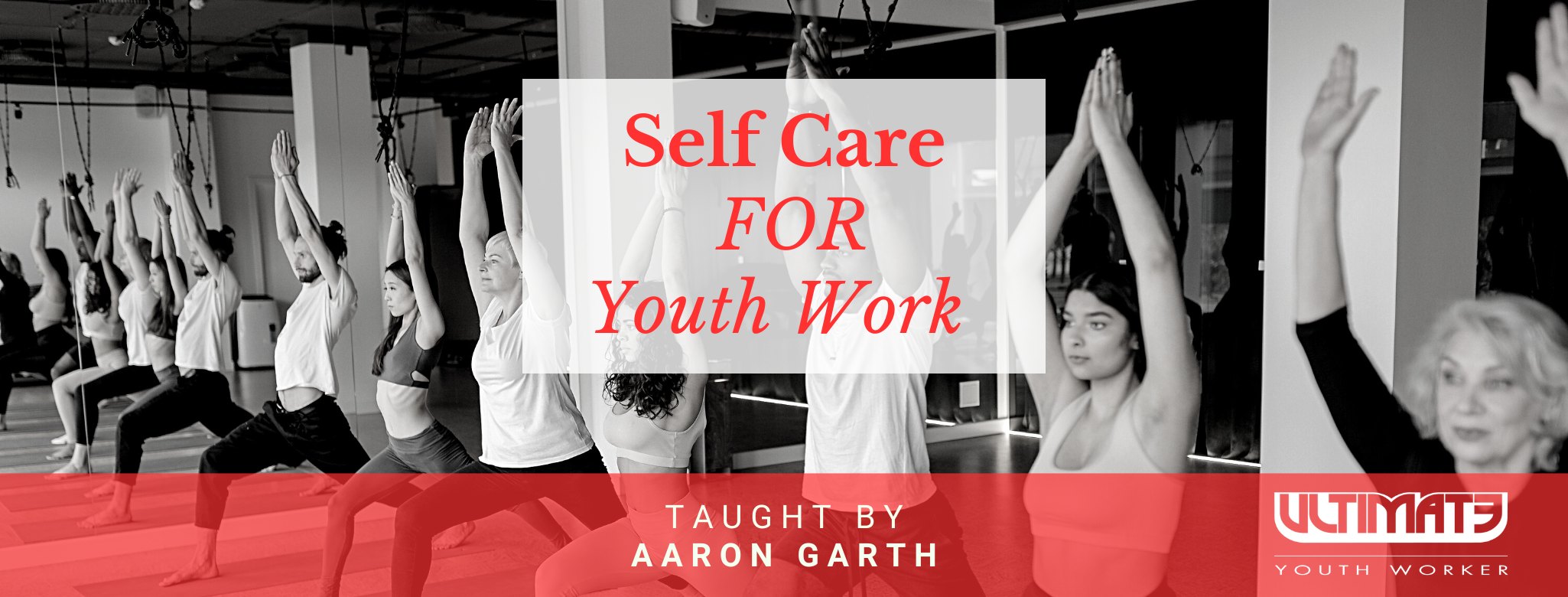

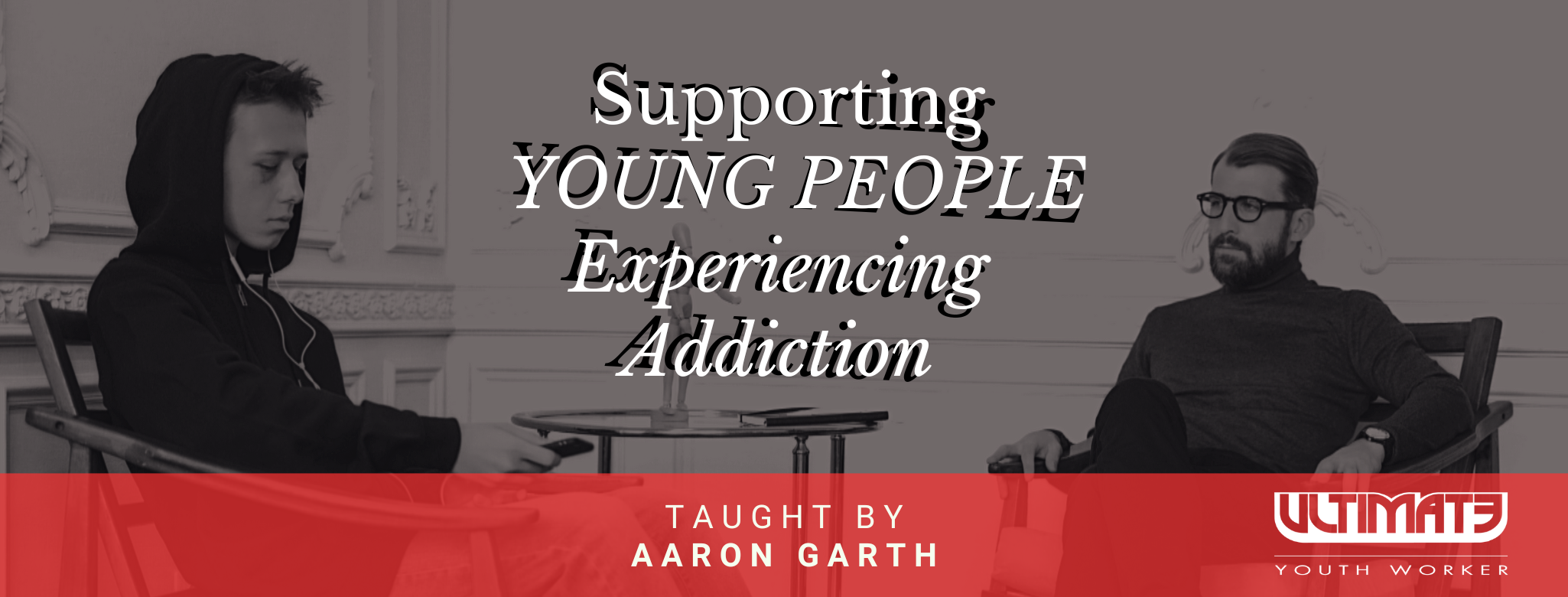
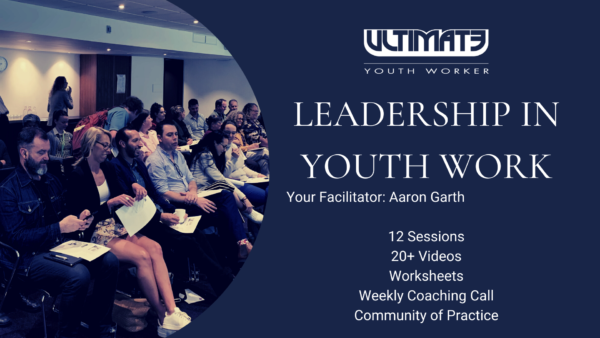
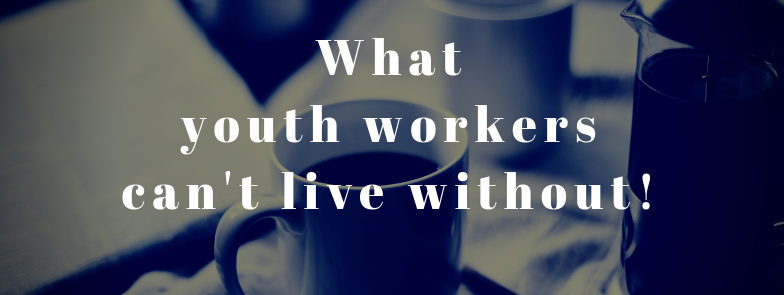

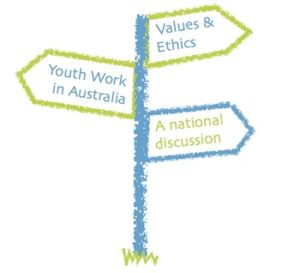 To begin with I think we need to re-evaluate where we are at and where we want to be. For the last few years we have rested on the academic work of he last decade to frame our arguments around professionalism. There has been a glaring omission in this research, the voice of the youth worker. For the most part the work on the development of professional youth work in Australia has been the purview of academics, peak bodies and industry groups. We need to hear what those on the front line want from a professional association. We also need to ask what this association would look like?
To begin with I think we need to re-evaluate where we are at and where we want to be. For the last few years we have rested on the academic work of he last decade to frame our arguments around professionalism. There has been a glaring omission in this research, the voice of the youth worker. For the most part the work on the development of professional youth work in Australia has been the purview of academics, peak bodies and industry groups. We need to hear what those on the front line want from a professional association. We also need to ask what this association would look like?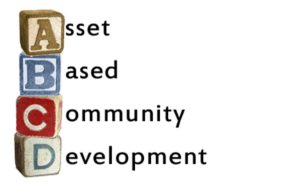 Liberation is a key focus of youth work theory and is a focus we should consider in professionalising. Harvard University academic Rosabeth Moss Kanter says that when we do change to people, they experience it as violence, but when people do change to themselves, they experience it as liberation. There are currently three groups in the debate; those who are in favour of professionalising, those who are against professionalising and those who are apathetic to the whole debate. None of these groups are experiencing liberation.
Liberation is a key focus of youth work theory and is a focus we should consider in professionalising. Harvard University academic Rosabeth Moss Kanter says that when we do change to people, they experience it as violence, but when people do change to themselves, they experience it as liberation. There are currently three groups in the debate; those who are in favour of professionalising, those who are against professionalising and those who are apathetic to the whole debate. None of these groups are experiencing liberation.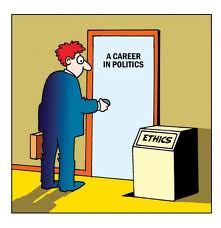 The fact of the matter is that all
The fact of the matter is that all 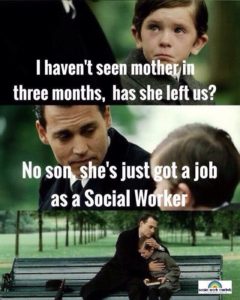 I have seen a number of memes lately that have really got on my nerves. Mainly because they hit the bullseye. As youth workers and indeed human services workers in general we can become so focussed on the people we serve that we forget about the ones we love. Our partners, spouses and children forget what we look like as we spend every night out at meetings, running centres and programs. Our kids in particular feel the burden.
I have seen a number of memes lately that have really got on my nerves. Mainly because they hit the bullseye. As youth workers and indeed human services workers in general we can become so focussed on the people we serve that we forget about the ones we love. Our partners, spouses and children forget what we look like as we spend every night out at meetings, running centres and programs. Our kids in particular feel the burden.

 This is a new venture for us to undertake however we were very aware of the poor training that was available in the sector. We believe that if dedicated youth workers are paying good money they should get exceptional training. Our staff have been trained by Mental Health First Aid Australia to deliver the world renowned Youth Mental Health First Aid course. Two days of dedicated training for supporting young people experiencing mental health issues.
This is a new venture for us to undertake however we were very aware of the poor training that was available in the sector. We believe that if dedicated youth workers are paying good money they should get exceptional training. Our staff have been trained by Mental Health First Aid Australia to deliver the world renowned Youth Mental Health First Aid course. Two days of dedicated training for supporting young people experiencing mental health issues.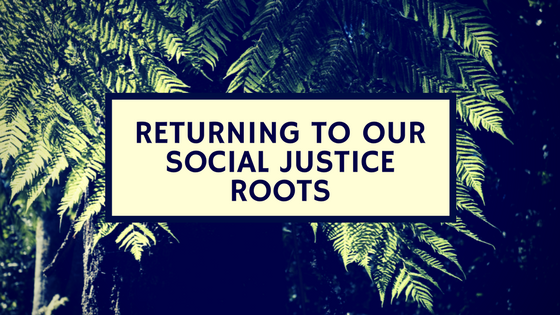 Returning to our social justice roots is imperative
Returning to our social justice roots is imperative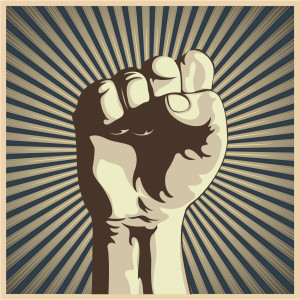 As youth workers we need to come back to our roots, social justice. Having a recognition that a hurting
As youth workers we need to come back to our roots, social justice. Having a recognition that a hurting 
